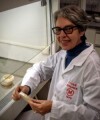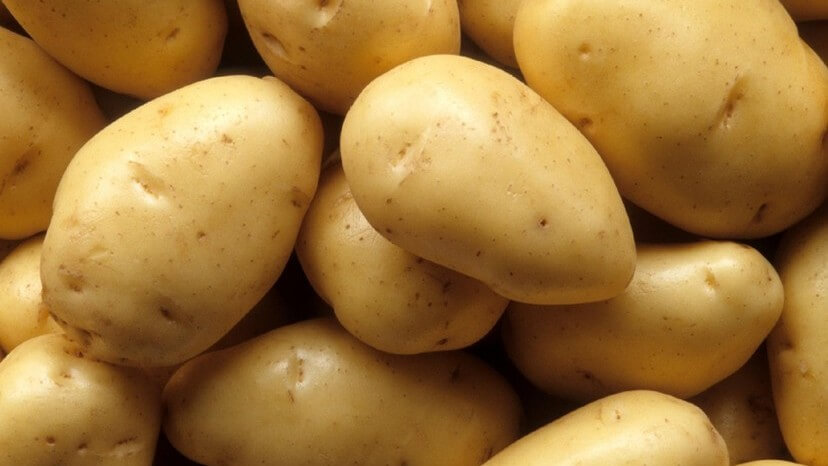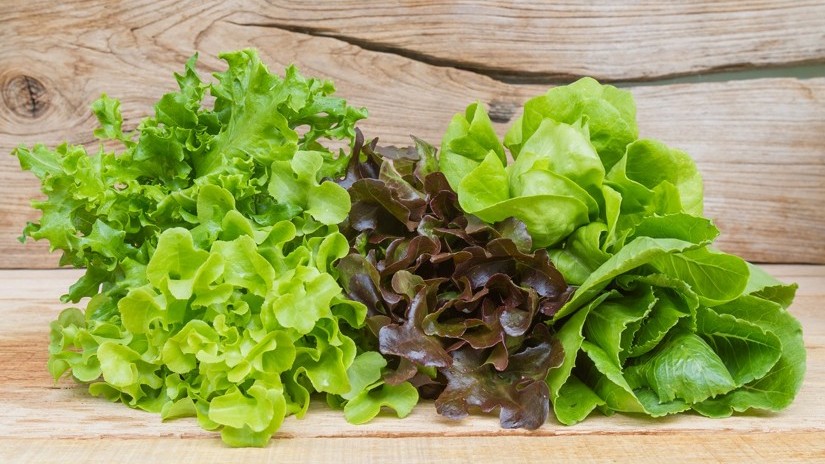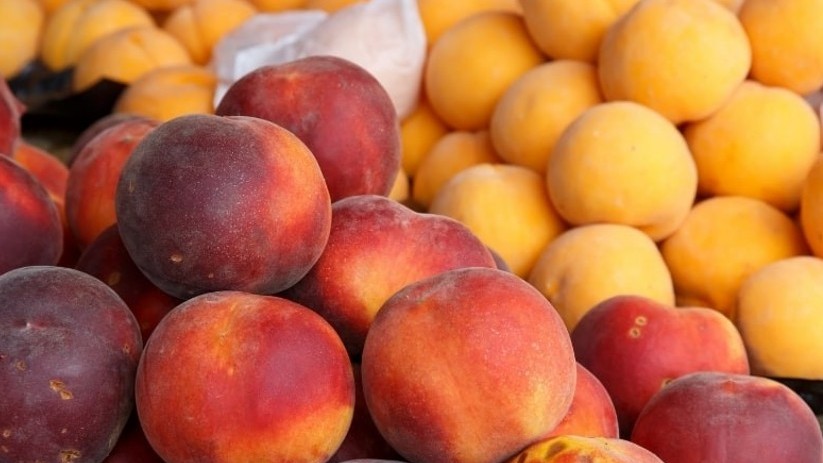News
Diacetyl Delays Postharvest Quality Degradation in Apples
Diacetyl, approved as a common food additive, has positive effects such as maintaining soluble solids levels and reducing the accumulation of reactive oxygen species (ROS)
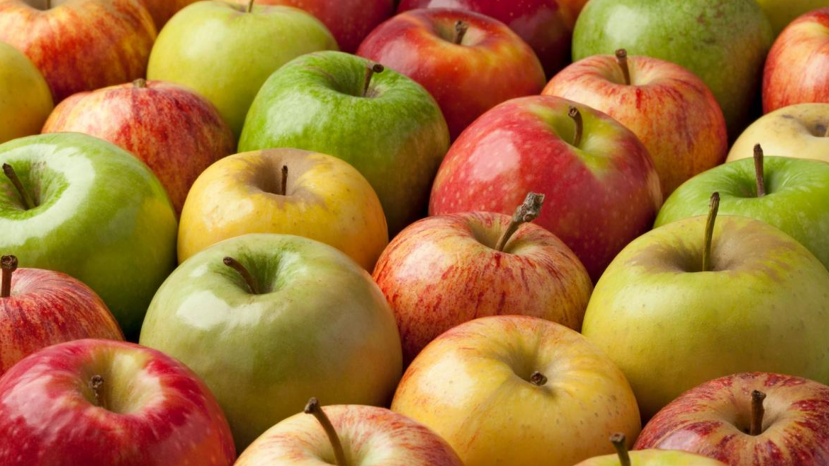
With high levels of flavonoids and vitamin C, strong nutritional value, and a unique flavor, apples (Malus domestica Borkh., family Rosaceae) are one of the public’s favorite fruits.
However, pulp softening, water and nutrient loss, and degradation of texture and flavor during storage lead to a short shelf life and economic losses.
Many preharvest factors (fertilization, irrigation conditions, ripeness, etc.) and postharvest factors (bruising, storage conditions, transportation, etc.) can affect apple quality.
Quality-Determining Factors
Fruit firmness primarily depends on the cohesive force between cells. Cellulose and pectin are two key components of the cell wall that play a crucial role in cell adhesion.
The breakdown of cellulose and pectin causes cell wall degradation, leading to loss of cellular organization and reduced firmness during storage.
Flavor and aroma in fruit are determined by levels of total soluble solids and titratable acids. Along with total phenolics, they constitute important nutrients in apples.
Fructose, glucose, and sucrose are three types of total soluble solids responsible for the apple’s sweetness and flavor.
Citric acid and malic acid, the two main components of titratable acids, mainly influence the fruit’s acidity.
Therefore, firmness, soluble sugars, organic acids, and total phenolics in postharvest apples are key parameters for evaluating quality and performance during storage.
Influence of Ethylene
Apples are sensitive to ethylene during storage, which is produced intrinsically by the fruit, and the level of this gas in the external environment can clearly influence its behavior.
Ethylene accumulation leads to decreased firmness, increased respiration rate, discoloration, and aroma loss in apples, shortening their shelf life.
Ethylene Synthesis
The enzymes ACC synthase and ACC oxidase are essential in ethylene synthesis and accumulation in plants. Ripening is delayed by inhibiting the ACS and ACO genes in various fruits, including apples and tomatoes.
It has been confirmed that removing the MdACS3 gene extends apple shelf life, and the MdACS1 gene is repressed by the transcription factor MdERF2, which inhibits ripening and enhances postharvest fruit quality.
Conversely, expression of the MdACO1 gene is induced by a phosphorylated HB transcription factor, increasing ethylene accumulation and decreasing postharvest apple quality.
Eliminating accumulated ROS is necessary to regulate fruit senescence and postharvest quality. These oxidative species are produced through metabolic activities such as respiration. However, as apples age during storage, antioxidant enzyme activities gradually decline, leading to excessive ROS buildup.
Furthermore, excessive ROS accumulation can oxidize cellular membrane lipids, reducing stability and negatively impacting apple quality during storage. Thus, timely elimination is important.
Delaying Apple Senescence
Various studies have shown that 1-methylcyclopropene (1-MCP), melatonin, γ-aminobutyric acid, and UV-C radiation can delay quality degradation in apples during storage. Among these, 1-MCP is widely used after harvest to slow fruit deterioration and extend shelf life by inhibiting ethylene signaling and production.
However, these methods have shown some negative effects, such as altering aroma composition.
Diacetyl: A Preservation Alternative
Current studies have confirmed that exogenous application of diacetyl delays postharvest senescence in broccoli and significantly inhibits gray mold in grapes and blue mold in citrus fruits.
Chemical Structure of Diacetyl
A recent study investigated its role in extending shelf life and delaying quality degradation in “Golden Delicious” apples and explored the mechanism by which diacetyl regulates postharvest apple quality.
Diacetyl (2,3-butanedione) is a volatile organic compound naturally found in microorganisms and plants, with a buttery flavor. It is naturally present in various foods, including wine, dairy, roasted coffee, and beer.
It is approved as a common food additive and is used in various food products such as chocolate and baked goods.
Positive Effects in Apples
This compound significantly maintains levels of total soluble solids and titratable acids in apples, reduces ROS accumulation by enhancing antioxidant enzyme activity and total phenolics.
Additionally, cellulose and pectin are not degraded when diacetyl is applied, as it inhibits polygalacturonase enzyme activity.
Transcriptome analysis revealed that genes related to ethylene synthesis, pectin degradation, starch breakdown, cellulose synthesis, and malate transport are regulated by diacetyl to delay postharvest quality degradation in apples.
These findings demonstrate that diacetyl improves the behavior of stored apples and provide theoretical support for developing new postharvest fruit storage technologies.
(*) 1-aminocyclopropane-1-carboxylic acid synthase
Sources:
Wang, A. O.; Liu, Y. T.; Chu, T. C.; Chen, Z.; Wang, W. Y.; Bai, X. R.; Li, X. R.; Hu, D. G.; Zhang, S. (2025).
Diacetyl delays the postharvest quality degradation of apple fruit
LWT, 223: 117723.
https://www.merckmillipore.com/BR/pt/product/Diacetyl,MDA_CHEM-803528 Accessed: 12/05/2025
Image:
https://www.finedininglovers.com/es/noticia/tipos-de-manzanas Accessed: 12/05/2025


